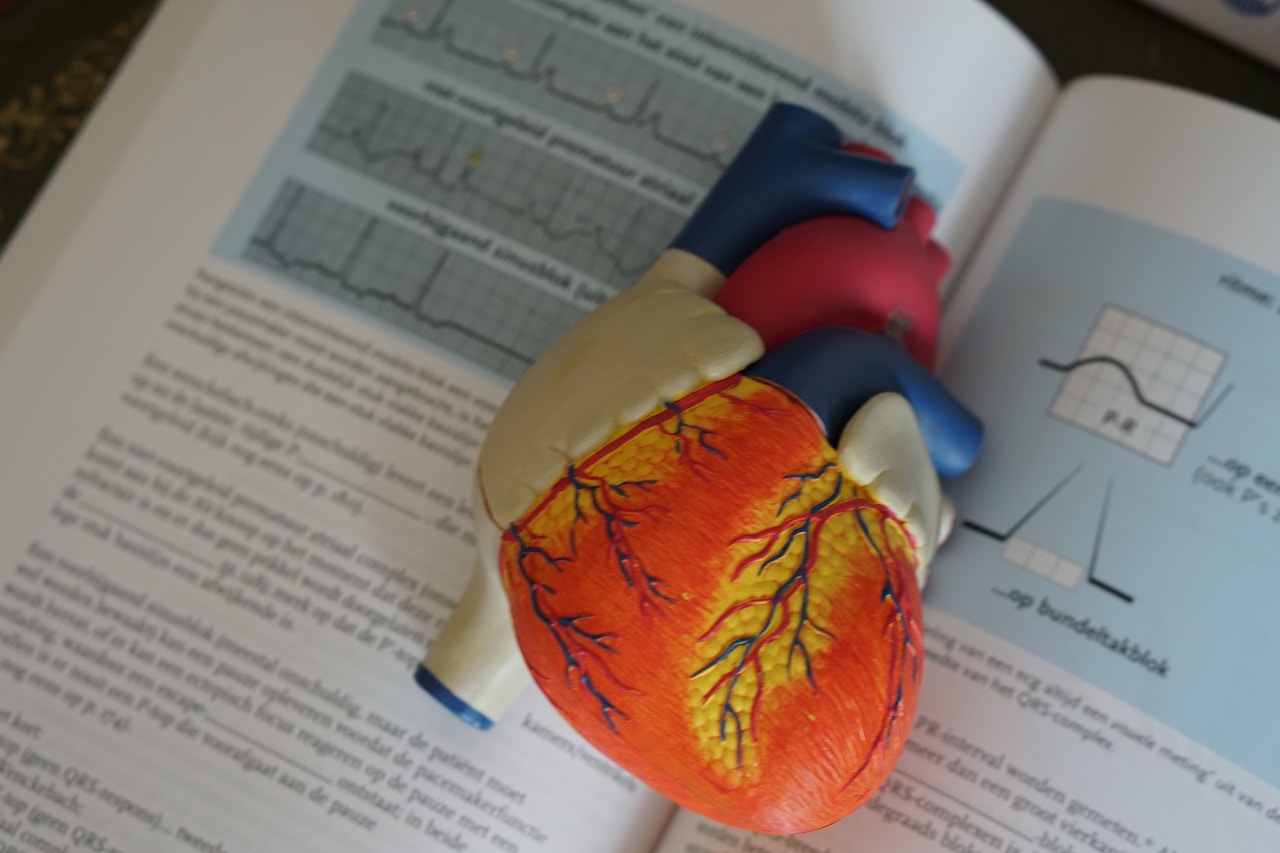Microplastics, it is now accepted, are to be found everywhere – from the air we breathe and the seas we swim and fish in, to the food we consume and even the uterine cavity.
Until now, data on microplastic exposure in entirely enclosed human organs – such as the heart – has been lacking, but a new piece of research published in the American Chemical Society journal Environmental Science & Technology is set to change that.
Detection of Various Microplastics in Patients Undergoing Cardiac Surgery [Yunxiao Yang et al] reports on investigations into the existence of microplastics in the human heart and surrounding tissue. Using a laser infrared chemical imaging system and scanning electron microscopy technology researchers at Beijing Anzhen Hospital were able to collect microplastic specimens from 15 cardiac surgery patients.
While microplastics were ‘not universally present in all tissue samples’ nine types were found across five types of tissue. Nine types were also detected in pre- and post-operative blood samples.
Although the sample size was small, the results were alarming
The Plastic Soup Foundation, a non-profit marine conservation organization and plastic reduction campaigner, calls the results ‘alarming’.
“Although the sample size was small, the results were alarming. The researchers found that heart tissue contained significant amounts of plastic particles. Nine different types of plastic were found in five different types of heart tissue. While there is evidence that some pieces entered the heart during surgery, there were also particles of a plastic type that the patients had not been exposed to during the process,” writes the Plastic Soup Foundation.
“Microplastics were also found in all blood samples. The fact that significantly higher microplastic particles were found in tissue samples than the corresponding blood samples from the same individual could indicate that microplastics potentially accumulate and remain in heart tissue. More research is needed to fully understand the effects microplastics can have on cardiovascular health.”





